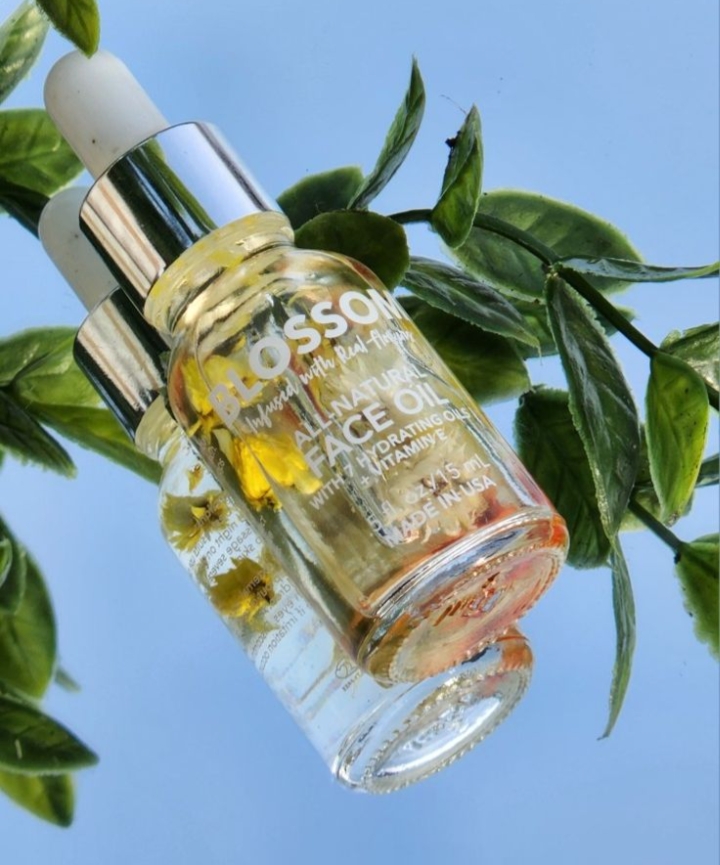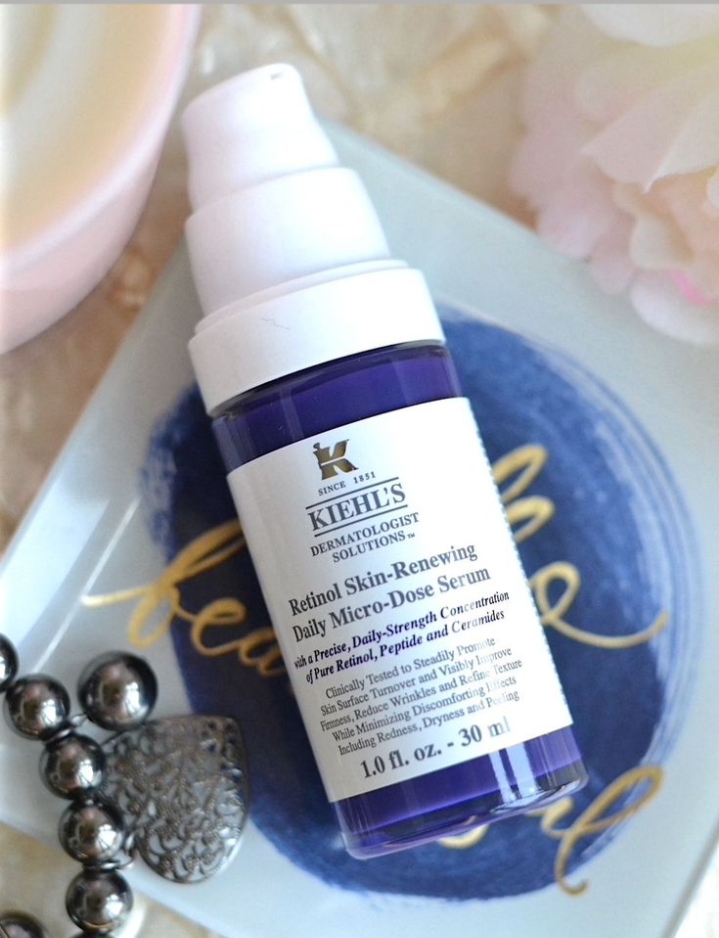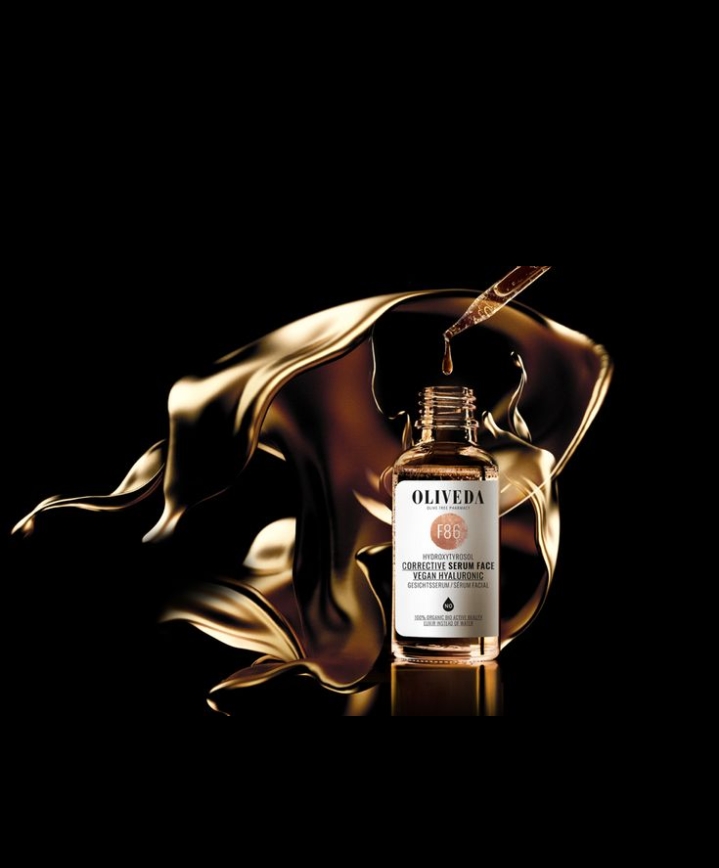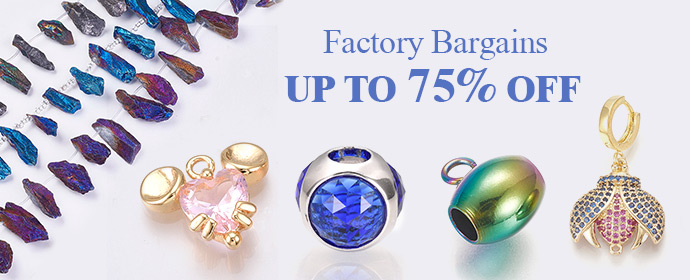Millions of people worldwide suffer from acne, a common skin problem that can cause many to feel frustrated and self-conscious. Acne can present itself in a variety of ways and at different severity levels, so choosing the best treatment plan is essential to getting clearer skin. These can include bothersome blackheads and painful cysts.
Understanding Acne:
Oil and dead skin cells clog hair follicles, causing acne, which manifests as pimples, blackheads, whiteheads, and occasionally more severe lesions like nodules or cysts. A number of variables, such as hormonal changes, genetics, stress, and specific drugs or skincare products, can cause acne to appear.
Effective Products for Acne Treatment:
Salicylic Acid:
A common beta hydroxy acid (BHA) is used in many products intended to treat acne. Salicylic acid reduces inflammation, clears clogged pores, and exfoliates the skin. It works very well for clearing out whiteheads and blackheads.
Benzoyl peroxide:
This potential antibacterial ingredient helps to lessen excessive oil production and eradicates microorganisms that cause acne. It comes in a range of strengths, from over-the-counter versions to prescription-only solutions.

Image by Pinterest
Retinoids:
These powerful substances, which are derived from vitamin A, aid in pore cleaning, encourage cell turnover, and lessen inflammation. Adapalene and other prescription-strength retinoids are frequently used to treat acne and enhance the general texture of the skin.

Azelaic acid is a naturally occurring acid that comes from wheat and barley grains. Because of its antimicrobial and anti-inflammatory qualities, azelaic acid is useful in the treatment of acne, the reduction of redness, and the fading of post-inflammatory hyperpigmentation
Sulfur: Due to its antibacterial and keratolytic qualities, sulfur has been used for centuries as a therapy for acne. Those with sensitive or acne-prone skin can benefit from its ability to unclog pores, absorb excess oil, and reduce irritation.

Topical Antibiotics: Clindamycin and erythromycin are two examples of topical antibiotics that are frequently prescribed to treat inflammatory acne. By eliminating acne-causing bacteria and lowering inflammation, these antibiotics help to treat current outbreaks and stop new ones from developing.
Even though acne can be a difficult and annoying condition to manage, there are efficient treatment alternatives accessible. You can effectively manage breakouts and get smoother, healthier skin by comprehending the underlying causes of acne and implementing tailored skincare products into your routine. Recall to exercise patience and consistency in your treatment plan, and don’t be afraid to consult a specialist if necessary. Clearer skin is possible with the correct products and a customized skincare routine.
Story by JosphineGatwiri
Recommend0 recommendationsPublished in Uncategorized




